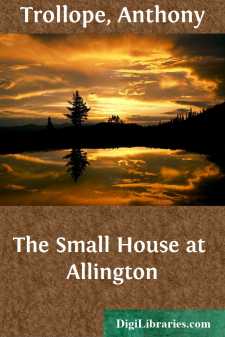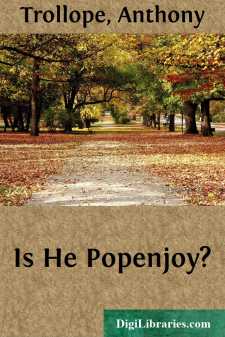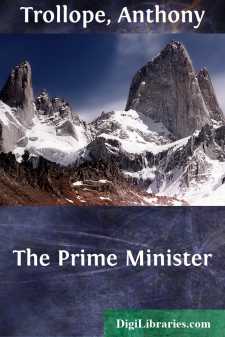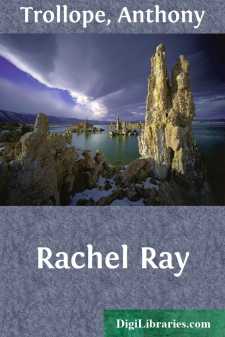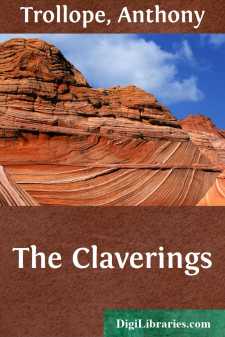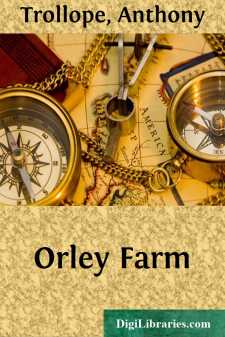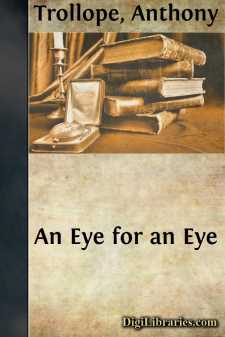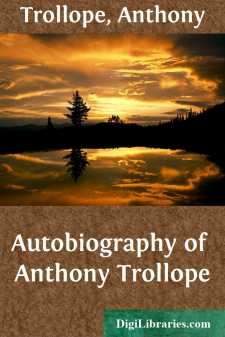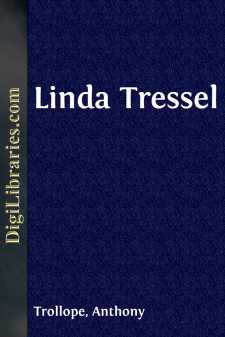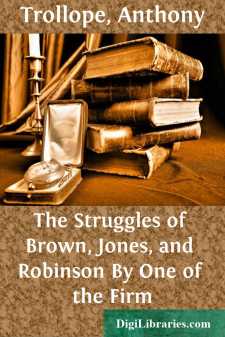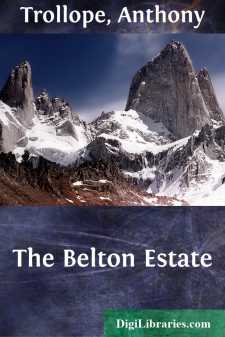Categories
- Antiques & Collectibles 13
- Architecture 36
- Art 48
- Bibles 22
- Biography & Autobiography 813
- Body, Mind & Spirit 142
- Business & Economics 28
- Children's Books 14
- Children's Fiction 11
- Computers 4
- Cooking 94
- Crafts & Hobbies 4
- Drama 346
- Education 46
- Family & Relationships 57
- Fiction 11829
- Games 19
- Gardening 17
- Health & Fitness 34
- History 1377
- House & Home 1
- Humor 147
- Juvenile Fiction 1873
- Juvenile Nonfiction 202
- Language Arts & Disciplines 88
- Law 16
- Literary Collections 686
- Literary Criticism 179
- Mathematics 13
- Medical 41
- Music 40
- Nature 179
- Non-Classifiable 1768
- Performing Arts 7
- Periodicals 1453
- Philosophy 64
- Photography 2
- Poetry 896
- Political Science 203
- Psychology 42
- Reference 154
- Religion 513
- Science 126
- Self-Help 84
- Social Science 81
- Sports & Recreation 34
- Study Aids 3
- Technology & Engineering 59
- Transportation 23
- Travel 463
- True Crime 29
The Small House at Allington
by: Anthony Trollope
Description:
Excerpt
CHAPTER I
Of course there was a Great House at Allington. How otherwise should there have been a Small House? Our story will, as its name imports, have its closest relations with those who lived in the less dignified domicile of the two; but it will have close relations also with the more dignified, and it may be well that I should, in the first instance, say a few words as to the Great House and its owner.
The squires of Allington had been squires of Allington since squires, such as squires are now, were first known in England. From father to son, and from uncle to nephew, and, in one instance, from second cousin to second cousin, the sceptre had descended in the family of the Dales; and the acres had remained intact, growing in value and not decreasing in number, though guarded by no entail and protected by no wonderful amount of prudence or wisdom. The estate of Dale of Allington had been coterminous with the parish of Allington for some hundreds of years; and though, as I have said, the race of squires had possessed nothing of superhuman discretion, and had perhaps been guided in their walks through life by no very distinct principles, still there had been with them so much of adherence to a sacred law, that no acre of the property had ever been parted from the hands of the existing squire. Some futile attempts had been made to increase the territory, as indeed had been done by Kit Dale, the father of Christopher Dale, who will appear as our squire of Allington when the persons of our drama are introduced. Old Kit Dale, who had married money, had bought outlying farms,—a bit of ground here and a bit there,—talking, as he did so, much of political influence and of the good old Tory cause. But these farms and bits of ground had gone again before our time. To them had been attached no religion. When old Kit had found himself pressed in that matter of the majority of the Nineteenth Dragoons, in which crack regiment his second son made for himself quite a career, he found it easier to sell than to save—seeing that that which he sold was his own and not the patrimony of the Dales. At his death the remainder of these purchases had gone. Family arrangements required completion, and Christopher Dale required ready money. The outlying farms flew away, as such new purchases had flown before; but the old patrimony of the Dales remained untouched, as it had ever remained.
It had been a religion among them; and seeing that the worship had been carried on without fail, that the vestal fire had never gone down upon the hearth, I should not have said that the Dales had walked their ways without high principle. To this religion they had all adhered, and the new heir had ever entered in upon his domain without other encumbrances than those with which he himself was then already burdened. And yet there had been no entail. The idea of an entail was not in accordance with the peculiarities of the Dale mind. It was necessary to the Dale religion that each squire should have the power of wasting the acres of Allington,—and that he should abstain from wasting them....


